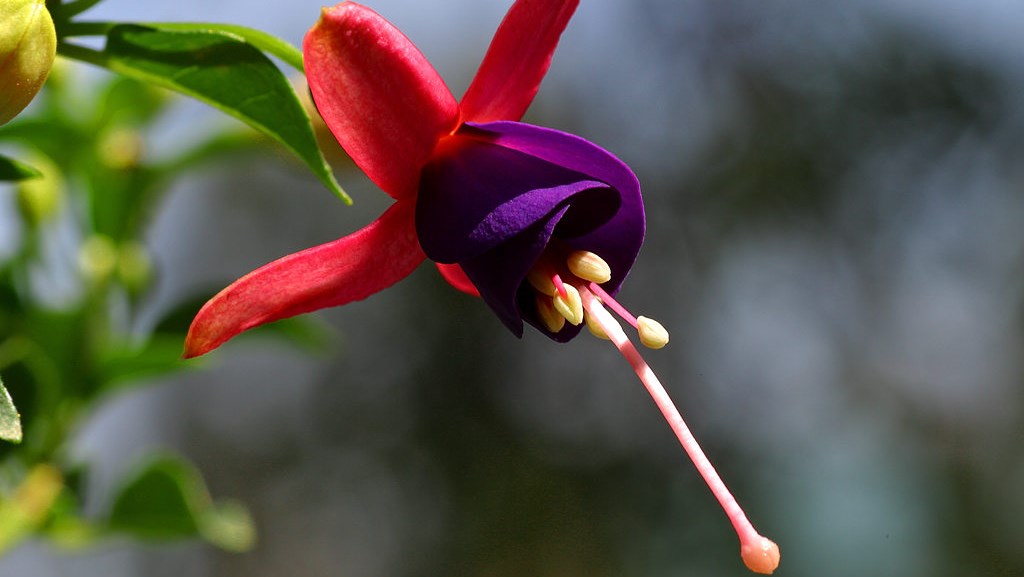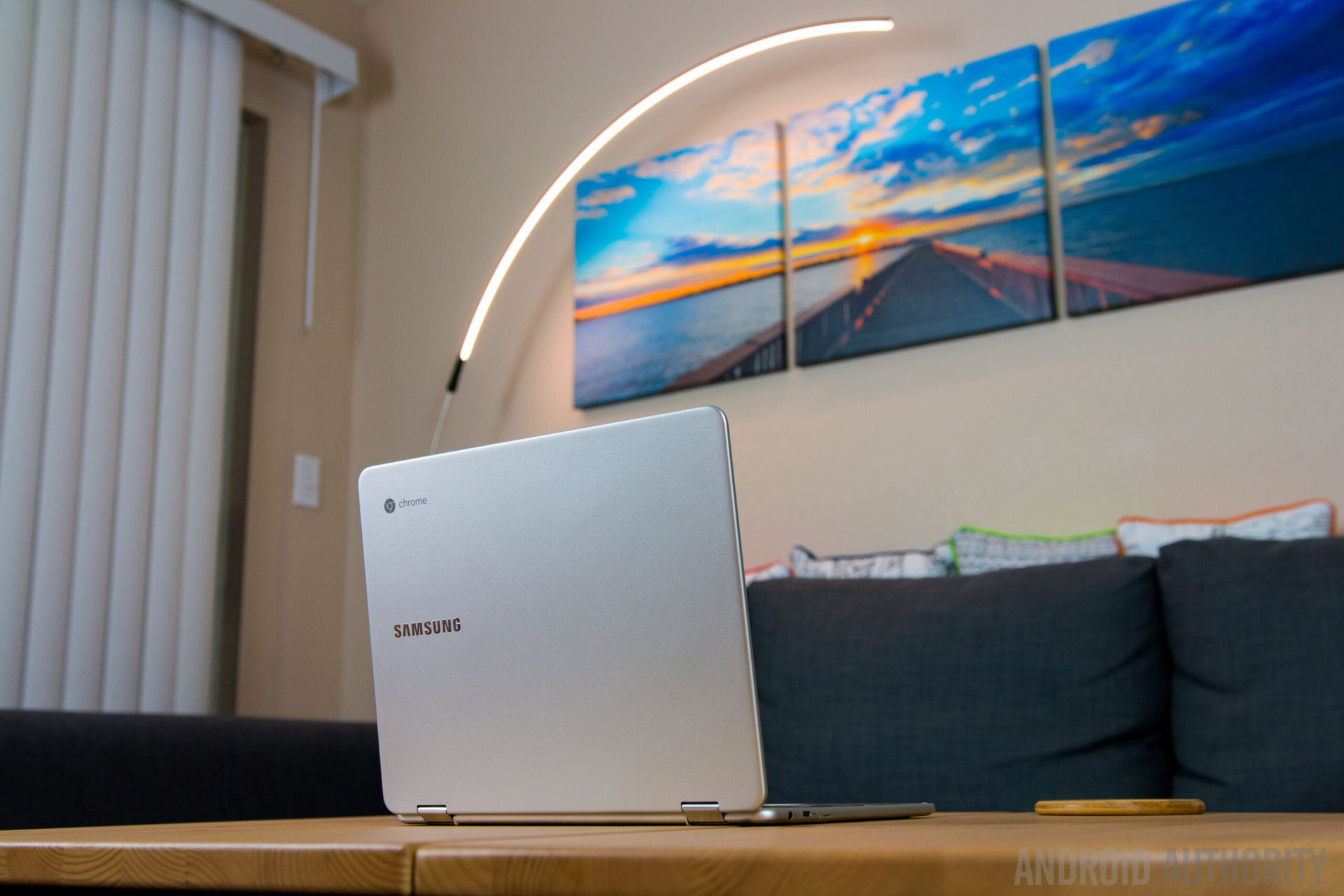Affiliate links on Android Authority may earn us a commission. Learn more.
Is Google's Fuchsia OS the key to merge Android and Chrome OS or not?
Published onFebruary 15, 2017

In August 2016, word got out that Google had very quietly started working on an new operating system with the name Fuchsia. A few weeks after that news hit, rumors also began appearing online about another Google OS project, Andromeda. Those reports claimed that it was designed to be a hybrid of Android and Chrome OS, and that an early version was running internally at Google on the Nexus 9 tablet. Rumors about Google showing a preview of Andromeda at its Pixel press event in October were proven later to be false, but another report claims that a laptop with Andromeda could launch sometime in the third quarter of 2017.

Since then, there’s been little to no news about either Fuchsia or Andromeda, but this week a new report from analyst Daniel Matte on his blog Tech Specs claims that he has found evidence that the two operating systems are in fact one and the same. More specifically, he claims that Fuchsia may be the actual merged version of Android and Chrome OS, while speculating that Andromeda could be the name of the first version of Fuchsia that will launch publicly:
To my naive eyes, rather than saying Chrome OS is being merged into Android, it looks more like Android and Chrome OS are both being merged into Fuchsia.
In Gary Sims’ excellent look at the Fuchsia OS back in August, he said that the “purposes and goals of Fuchsia are still a mystery” but in his opinion, he didn’t think it would be a replacement for either Android or Chrome OS, nor was it being made as a desktop OS to rival Windows or OS X. However, Matte says that Fuchsia can run on ARM, MIPS, and Intel x86 processors, which would seem to suggest that it could run on devices as small as smartphones and as large as big screen PCs. He adds:
My best guess is that Android as an API and runtime will live on as a legacy environment within Andromeda. That’s not to say that all development of Android would immediately stop, which seems extremely unlikely.
Matte ultimately believes that elements of both Android and Chrome OS will actually be put into Fuchsia-Andromeda. Is he correct? As we stated before, our own Gary Sims didn’t think Fuchsia was going to be that merged OS when he actually had it up and running in August. Things seem to be way too underbaked to make any assumptions at the moment, so only time will tell if he will be proven to be correct.
Keep in mind that Google is already trying to merge Android with Chrome OS in a limited way, by letting all new Chromebooks released in 2017 run Android apps. Also, Google said we can expect smaller tablet devices to use Chrome OS sometime in the future, and they will also be able to run Android apps.